- Fashion Courses
- Design Courses
- Art Courses
- Beauty Courses
- Courses for Professionals
- Luxury Hospitality Courses
- Short Courses
- Schools
- Admission
- Maze35 Magazine
- Newsroom
- I'M Alumni
- Careers & Industry Relations
- University Partnerships
- Get in touch

Fashion & Luxury Brand Management
Participants who successfully complete this programme will be awarded with a Master Degree. Recognised by MUR (Italian Ministry of University and Research) participants will obtain 60 CFA (crediti formativi accademici) equivalent to 60 ECTS credits.
The brand manager’s role within the fashion luxury goods industry is to motivate, create desire, and build trust through various channels in merchandising, marketing and communication in order to meet the expectations of a luxury brand’s vision and strategy.
This course provides in-depth knowledge of branding specifically for the fashion and luxury goods industries. Experts in luxury brand management know exactly where their products are positioned, fully understand their role in the market, and constantly analyse their relationships with customers. However, the task of the brand manager is not only to attract and retain consumers, but also to improve the practical and organizational management of a brand within the fashion organization - this course addresses both areas; luxury branding together with business management and organization skills.
Participants learn how to adapt communication, marketing and promotional techniques to reach sale goals and fully apply the key strategies of luxury businesses. As well as concentrating on the intangible elements: customer relationships, the impact of social media and the consumer ‘experience’, the course makes a critical analysis of the more tangible elements of branding; product attributes (quality, features, and design), and the difference between brand image and brand identity, packaging and labelling. A successful luxury brand manager works on all of these aspects. The fashion industry placement within the programme, giving students the opportunity to put theory into reflective and purposeful practice within the field. Participants become experts in making key branding decisions including in brand extension and brand repositioning, and learn how to detect any weaker products in a collection.
Analysis of the target audience and marketing mix provides a solid grounding for brand strategy development together with research on how companies in the fashion and luxury market develop their own interpretation of brand positioning and devise innovative strategies. Among other things, social media has changed the face of communication and this course looks at finding the right balance between corporate brand image, digital media and e-commerce platforms – key to the success of luxury brands today. Along with the study of past styles and the analysis of current trends and forecasts related to “future-fashion”, participants are able to question how aesthetic expressions and interpretations of social and cultural trends influence positioning and brand image. Current issues in the fashion industry are also addressed such as neo craftsmanship and alternative business models, together with professional links direct with fashion companies; industry projects and guest speakers all assist to provide a detailed insight into the realities, and the opportunities, of fashion. This course is for participants that have previous undergraduate level study or proven work experience, completing the course with branding and management skills for various positions within the fashion, luxury and creative industries.
- Marketing, Communication and Branding
- Management and Strategy in Luxury
- Future of Fashion and Luxury
- Sociology, Contextual and Cultural Studies
- Corporate Social Responsibility
- Research Methods
- Communication Manager
- Brand strategist
- Brand Manager
- Merchandiser
- Business Analyst
- Digital Marketing Manager
- Communication Manager
- Brand strategist
- Brand Manager
- Merchandiser
- Business Analyst
- Digital Marketing Manager
Inspiring and supporting students while helping them grow their skills, Mentors are a go-to person for future fashion, design & art talents.
Participants who successfully complete this programme will be awarded with a Master Degree. Recognised by MUR (Italian Ministry of University and Research) participants will obtain 60 CFA (crediti formativi accademici) equivalent to 60 ECTS credits.
These full time postgraduate level courses are highly specialised programmes that support participants’ careers the fashion, luxury and creative industries. They are designed for those who have already acquired specific skills in the appropriate area at undergraduate level, or for industry professionals who wish to deepen their knowledge of a specific subject area in fashion.
The Master course in Fashion & Luxury Brand Management recognized by MUR (Italian Ministry of University and Research) at the school in Firenze is your pathway to become a distinguished leader within the luxury fashion industry.
The final project allows students to design strategies for branding, retail, and digital customer experiences tailored to today's consumer. The process begins with a thorough market and competitor analysis, followed by data collection and insights, ultimately leading to the formulation of objectives and strategies aimed at penetrating or expanding in the luxury market, engaging consumers across both physical and digital channels. Manage and enhance brand reputation, product excellence and value storytelling.
Studying Fashion Business at Istituto Marangoni Firenze offers a remarkable opportunity, as the city’s prestigious Pitti Immagine trade fairs, nearby production centers, and rich heritage in craftmanship create an inspiring and practical environment for learning innovation.
Thanks to Istituto Marangoni's direct link with leading industry companies, students will have the opportunity to develop highly valuable projects for their professional growth. Some of the numerous international brands are: Balenciaga, Balmain, Giorgio Armani, Maison Margiela, Salvatore Ferragamo, Tod’s, Vogue, Fendi, Dior, Louis Vuitton.
This Master Course is meticulously designed to prepare participants who wish to deepen their knowledge on the Luxury Industry, with a specific training to master brand management strategies, analyze consumer’s data and behavior and implement effective communication marketing strategies.
LEARNING OUTCOMES
At the end of the course, you will be able to:
- Develop a deep understanding of the luxury fashion industry, including its history, current trends, and future directions
- Master brand management strategies that enhance the prestige and desirability of luxury brands
- Implement effective marketing and communication strategies tailored to the luxury sector
- Analyze consumer’s data and behavior and leverage insights to drive brand growth and loyalty
- Manage and optimize the luxury retail experience both online and offline through omnichannel strategies
- Navigating the complexities of global markets and multicultural consumer bases through evolving business models
- Lead sustainable and ethical practices within luxury brand management
The skills acquired with this accredited Master course can open the way for several roles within the Luxury Industry, such as Brand and Retail Manager, Consumer Insights Analyst, or PR & Communication Manager.
Brand Manager: overseeing the strategic direction and growth of luxury brands
Marketing Director: leading marketing efforts to enhance brand identity and awareness and create consumer engagement
Retail Manager: managing luxury spaces operations and enhancing the customer multisensory experience
PR Specialist: crafting and managing the public and digital image and reputation of luxury brands
E-commerce Manager: leading online retail strategies and operations for luxury brands and digital multibrand platforms
Sustainability Manager: implementing sustainable practices within luxury brand operations
Consumer Insights Analysist: collecting and analyzing consumer data to inform brand strategies and decisions
Brand Manager: overseeing the strategic direction and growth of luxury brands
Marketing Director: leading marketing efforts to enhance brand identity and awareness and create consumer engagement
Retail Manager: managing luxury spaces operations and enhancing the customer multisensory experience
PR Specialist: crafting and managing the public and digital image and reputation of luxury brands
E-commerce Manager: leading online retail strategies and operations for luxury brands and digital multibrand platforms
Sustainability Manager: implementing sustainable practices within luxury brand operations
Consumer Insights Analysist: collecting and analyzing consumer data to inform brand strategies and decisions
Validated by Regent’s University London
For further information click here
Participants who successfully complete the Fashion & Luxury Brand Management course taught in Paris will receive the corresponding 'RNCP' title of: "Manager Marketing du Luxe", recognised by the French State by decision of France Compétences (French Ministry of Labour) of 10-11-2021. As recognised vocational training, level 7 RNCP corresponds to the competences of a Master's degree.
The brand manager’s role within the fashion luxury goods industry is to motivate, create desire, and build trust through various channels in merchandising, marketing and communication in order to meet the expectations of a luxury brand’s vision and strategy. To support the strategy of a brand, the brand manager/marketing director must devise a development plan or a marketing strategy to enter new markets.
These full time postgraduate level courses are highly specialised programmes that support participants’ careers the fashion, luxury and creative industries. They are designed for those who have already acquired specific skills in the appropriate area at undergraduate level, or for industry professionals who wish to deepen their knowledge of a specific subject area in fashion.
This course provides in-depth knowledge of branding specifically for the fashion and luxury goods industries. Experts in luxury brand management know exactly where their products are positioned, fully understand their role in the market, and constantly analyse their relationships with customers. However, the task of the brand manager is not only to attract and retain consumers, but also to improve the practical and organisational management of a brand within the fashion organisation - this course addresses both areas; luxury branding together with business management and organisation skills. Participants learn how to adapt communication, marketing and promotional techniques to reach sale goals and fully apply the key strategies of luxury businesses. As well as concentrating on the intangible elements: customer relationships, the impact of social media and the consumer ‘experience’, the course makes a critical analysis of the more tangible elements of branding; product attributes (quality, features, and design), and the difference between brand image and brand identity, packaging and labelling. A successful luxury brand manager works on all of these aspects. The fashion industry placement within the programme, giving students the opportunity to put theory into reflective and purposeful practice within the field. Participants become experts in making key branding decisions including in brand extension and brand repositioning, and learn how to detect any weaker products in a collection. Analysis of the target audience and marketing mix provides a solid grounding for brand strategy development together with research on how companies in the fashion and luxury market develop their own interpretation of brand positioning and devise innovative strategies. The impact of social media has changed the face of communication and this course looks at finding the right balance between corporate brand image, new media and viral platforms – key to the success of luxury brands today. Along with the study of past styles and the analysis of current trends and forecasts related to “future-fashion”, participants are able to question how aesthetic expressions and interpretations of social and cultural trends influence positioning and brand image. Current issues in the fashion industry are also addressed such as neo craftsmanship and alternative business models, together with professional links direct with fashion companies; industry projects and guest speakers all assist to provide a detailed insight into the realities, and the opportunities, of fashion. This course is for participants that have previous undergraduate level study or proven work experience, completing the course with branding and management skills for various positions within the fashion, luxury and creative industries.
- Marketing, Communication and Branding
- Management and Strategy in Luxury
- Finance and Wealth Management
- Big Data, Analytics and Digital Disruption
- Luxury expansion and growth
- Future of Luxury
- Experiential Marketing
- Sociology, Contextual and Cultural Studies
- Corporate Social Responsibility
- Research Methods
- Communication Manager
- Brand strategist
- Brand Manager
- Merchandiser
- Business Analyst
- Digital Marketing Manager
- Communication Manager
- Brand strategist
- Brand Manager
- Merchandiser
- Business Analyst
- Digital Marketing Manager
Validated by Regent’s University London
For further information click here
These full time postgraduate level courses are highly specialised programmes that support participants’ careers the fashion, luxury and creative industries. They are designed for those who have already acquired specific skills in the appropriate area at undergraduate level, or for industry professionals who wish to deepen their knowledge of a specific subject area in fashion.
This programme is for particpants whom have previous undergraduate level study or proven work experience, Students complete the programme with branding and management skills for various positions within the fashion, luxury and creative industries fully realising through both academic study and professional placement and projects the global luxury marketplace.
This programme will teach you how to adapt communication, marketing and promotional techniques to reach sale goals and fully apply the key strategies of luxury businesses. As well as concentrating on the intangible elements: customer relationships, the impact of digital and social media and the consumer ‘experience’, the programmes presents a critical analysis of the more tangible elements of branding; product attributes (quality, features, and design), and the difference between brand image and brand identity, packaging and labelling.
The choice of fashion industry placement or professional project within the programme, gives you the opportunity to put theory into reflective and purposeful practice within the field of luxury. Participants become experts in making key branding decisions including in brand extension and brand repositioning, and learn how to detect any weaker products in a collection. Analysis of the target audience and marketing mix provides a solid grounding for brand strategy development together with research on how companies in the fashion and luxury market develop their own interpretation of brand positioning and devise innovative strategies. The impact of emerging technologies has changed the face of communication and this programme enables you to explore the right balance between corporate brand image, new media and viral platforms – key to the success of luxury brands today.
- Luxury Fashion Marketing & Communication
- Digital Skills
- Strategic Luxury Branding
- Creative Branding & Innovation
- Luxury Supply Chain Management and Goods and services
- Managing Luxury and Finance
- Digital Transformation for Fashion
- Enterprise and Innovation
- Fashion & Culture
- Luxury Marketing Strategies
- Contextual and Cultural Studies
- Strategic Luxury Branding
- Research Methods
- Industry Placement
- Luxury Management
- Dissertation
TERM 1
Luxury Fashion Marketing, Luxury, Fashion and Culture.
TERM 2
Strategic Luxury Branding, Luxury Supply Chain Management.
TERM 2 & 3
Research Methods.
TERM 3
Luxury Management, Enterprise and Innovation.
TERM 4
Professional Development.
TERM 5
Dissertation / Final Major Project.
- Setting up or transforming their own business
- Brand Strategist
- Brand consultant
- Brand Manager
- Business Analyst
- Operations Manager
- Marketing Manager
- Digital Marketing Manager
We encourage students through creative innovation, enterprise and professional development to explore their own vision and professional preparation for various roles in the fashion industry which foster innovation, entrepreneurial thinking and problem solving.
- Setting up or transforming their own business
- Brand Strategist
- Brand consultant
- Brand Manager
- Business Analyst
- Operations Manager
- Marketing Manager
- Digital Marketing Manager
We encourage students through creative innovation, enterprise and professional development to explore their own vision and professional preparation for various roles in the fashion industry which foster innovation, entrepreneurial thinking and problem solving.
Inspiring and supporting students while helping them grow their skills, Mentors are a go-to person for future fashion, design & art talents.
Master of Arts accreditated by the Ministry of Education and the Commission for Academic Accreditation (CAA).
The brand manager’s role within the fashion luxury goods industry is to motivate, create desire, and build trust through various channels in merchandising, marketing and communication in order to meet the expectations of a luxury brand’s vision and strategy.
These full time postgraduate level courses are highly specialised programmes that support participants’ careers the fashion, luxury and creative industries. They are designed for those who have already acquired specific skills in the appropriate area at undergraduate level, or for industry professionals who wish to deepen their knowledge of a specific subject area in fashion.
This course provides in-depth knowledge of branding specifically for the fashion and luxury goods industries. Experts in luxury brand management know exactly where their products are positioned, fully understand their role in the market, and constantly analyse their relationships with customers. However, the task of the brand manager is not only to attract and retain consumers, but also to improve the practical and organisational management of a brand within the fashion organisation - this course addresses both areas; luxury branding together with business management and organisation skills. Participants learn how to adapt communication, marketing and promotional techniques to reach sale goals and fully apply the key strategies of luxury businesses. As well as concentrating on the intangible elements: customer relationships, the impact of social media and the consumer ‘experience’, the course makes a critical analysis of the more tangible elements of branding; product attributes (quality, features, and design), and the difference between brand image and brand identity, packaging and labelling. A successful luxury brand manager works on all of these aspects. The fashion industry placement within the programme, giving students the opportunity to put theory into reflective and purposeful practice within the field. Participants become experts in making key branding decisions including in brand extension and brand repositioning, and learn how to detect any weaker products in a collection. Analysis of the target audience and marketing mix provides a solid grounding for brand strategy development together with research on how companies in the fashion and luxury market develop their own interpretation of brand positioning and devise innovative strategies. The impact of social media has changed the face of communication and this course looks at finding the right balance between corporate brand image, new media and viral platforms – key to the success of luxury brands today. Along with the study of past styles and the analysis of current trends and forecasts related to “future-fashion”, participants are able to question how aesthetic expressions and interpretations of social and cultural trends influence positioning and brand image. Current issues in the fashion industry are also addressed such as neo craftsmanship and alternative business models, together with professional links direct with fashion companies; industry projects and guest speakers all assist to provide a detailed insight into the realities, and the opportunities, of fashion. This course is for participants that have previous undergraduate level study or proven work experience, completing the course with branding and management skills for various positions within the fashion, luxury and creative industries.
- Marketing, Communication and Branding
- Management and Strategy in Luxury
- Finance and Wealth Management
- Big Data, Analytics and Digital Disruption
- Luxury expansion and growth
- Future of Luxury
- Experiential Marketing
- Sociology, Contextual and Cultural Studies
- Corporate Social Responsibility
- Research Methods
- Communication Manager
- Brand strategist
- Brand Manager
- Merchandiser
- Business Analyst
- Digital Marketing Manager
- Communication Manager
- Brand strategist
- Brand Manager
- Merchandiser
- Business Analyst
- Digital Marketing Manager
.jpg)


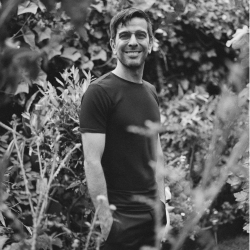




.jpg)



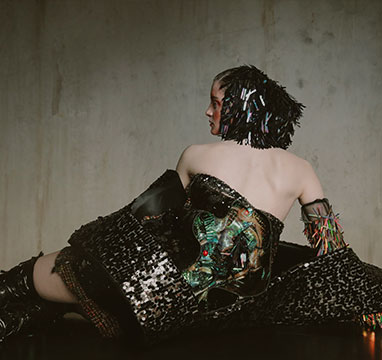
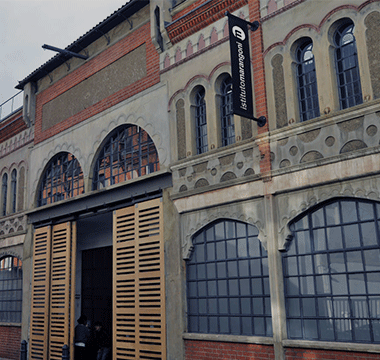
%20(1).png)
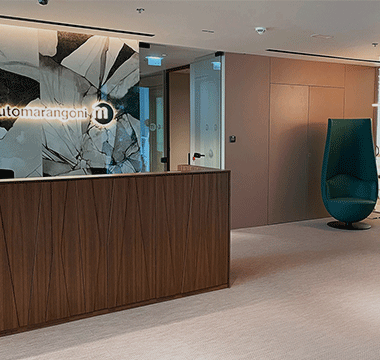
.jpg)


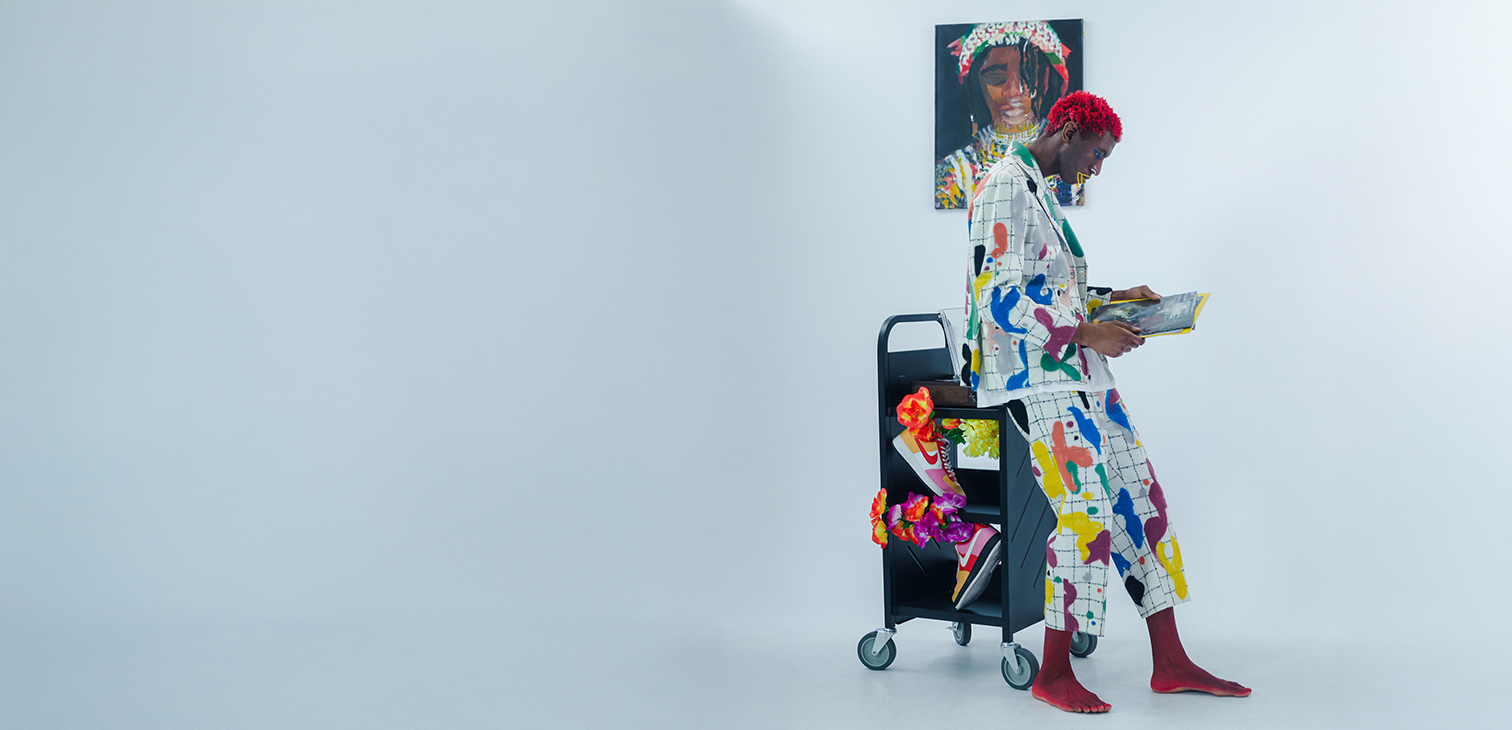
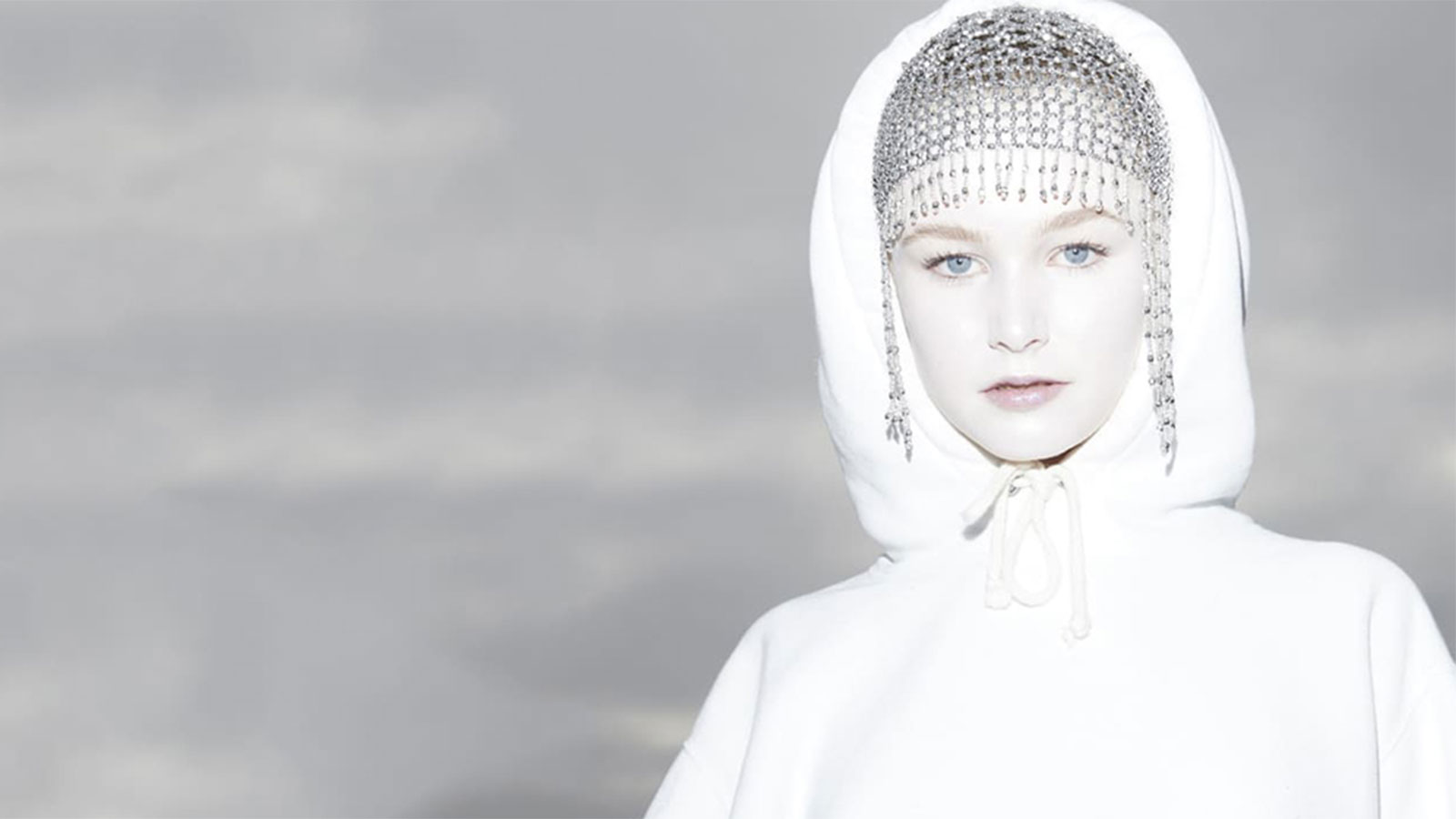
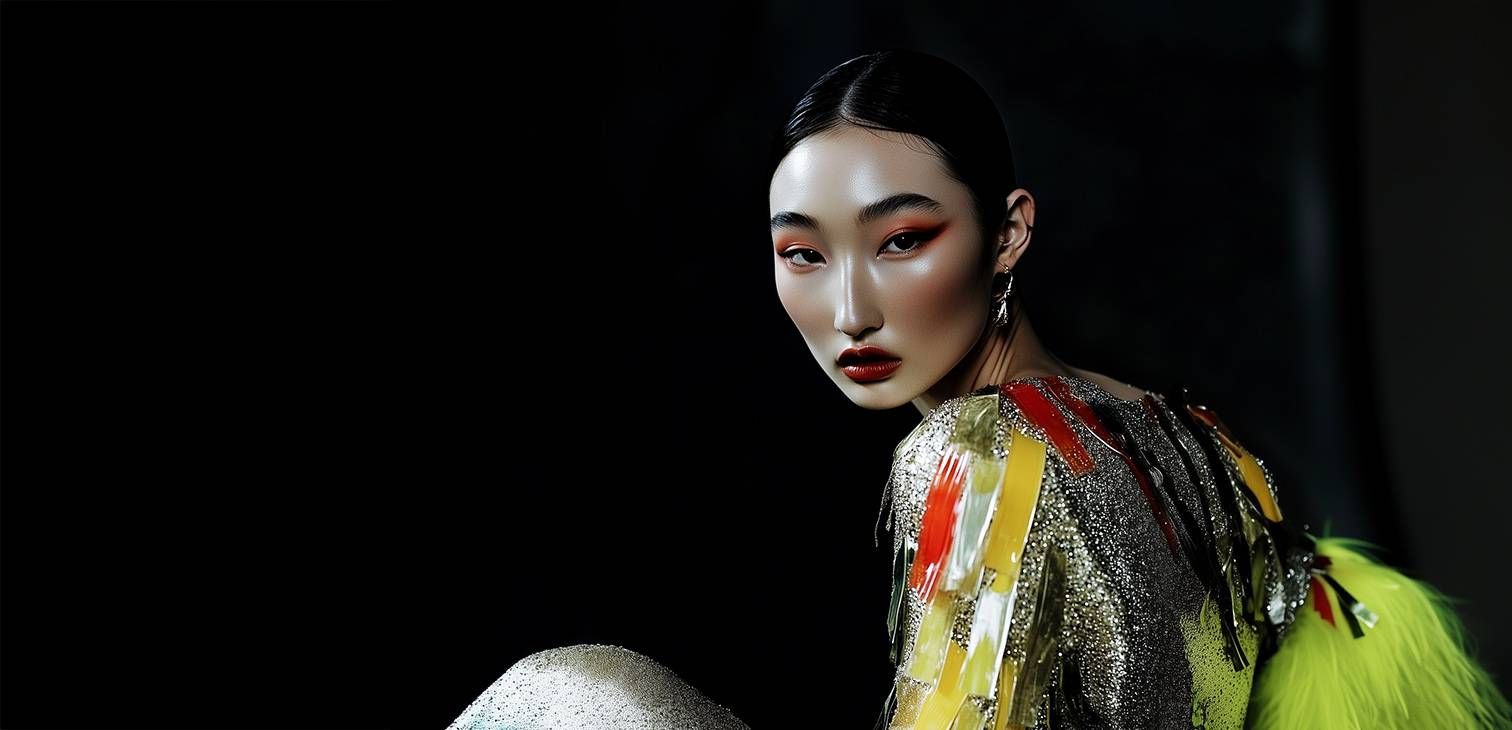

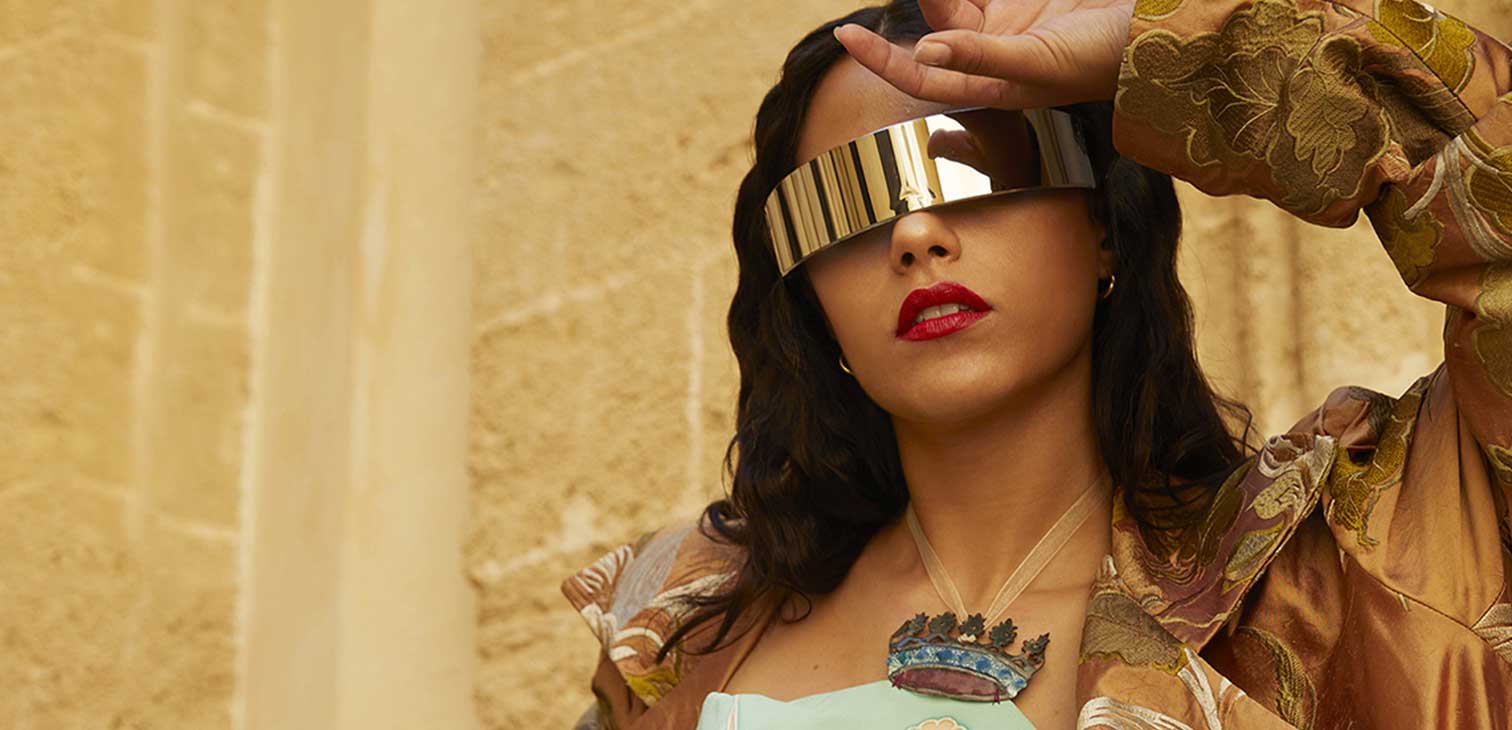
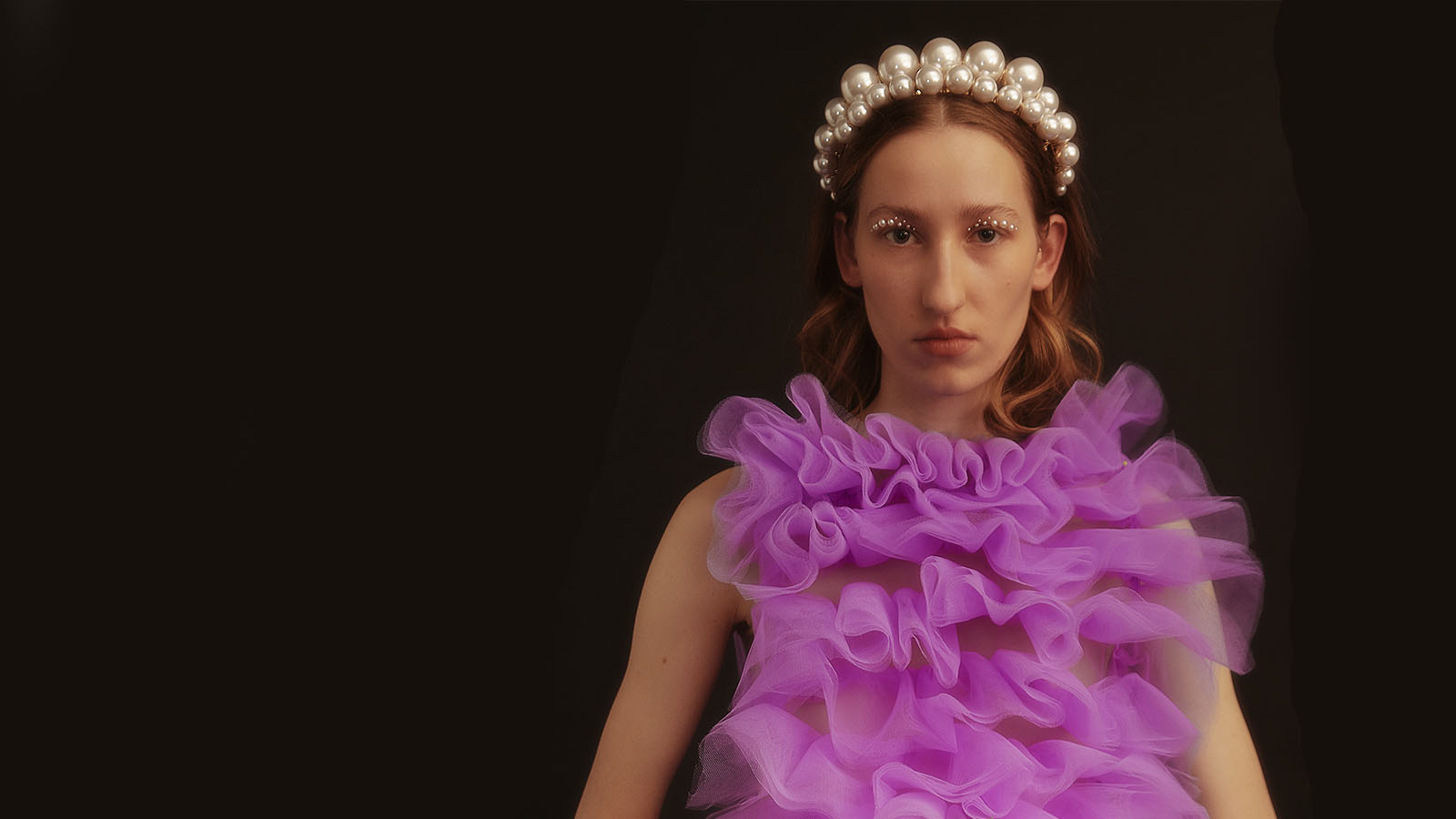
.jpg)
